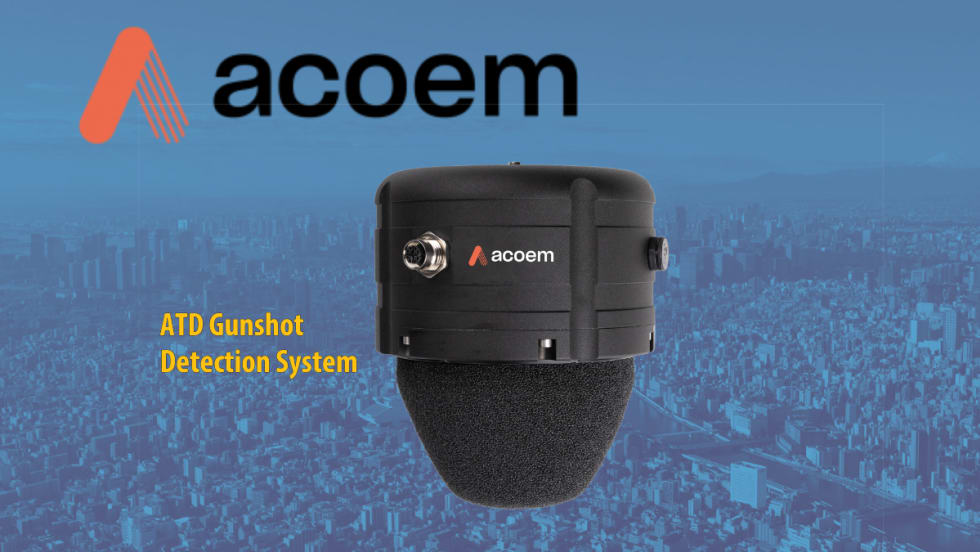GL Communications Inc., a global leader in telecom test and measurement solutions, has introduced its enhanced SIP Protocol Emulator referred to as MAPS SIP Protocol Emulator to help users generate and receive SIP. The MSRP Protocol Emulation for Session Based Instant Messaging implementation is available in MAPS SIP software version 8.4.20. Public safety communication service providers can deploy this test tool for testing NG9-1-1 emergency services and components within the ESInet.
“NG9-1-1 networks based on NENA i3 standards defines the network transformation route to receive and respond NG9-1-1 emergency requests via multiple media sources such as SMS, Video, Email, and/or Instant Messaging (IM),” says Vijay Kulkarni, CEO of the GL Communications.
“Major wireless carriers have committed to providing Text-to-911 services to end users. In addition to these services that are primarily dependent on carriers, there are many OTT (Over the Top) Instant Messaging apps, which connect users with the NG9-1-1 system directly.
“To consider a series of messages, as exchanged in a private chat between SIP end-points as a part of single session the messages are transported over a session-oriented instant message transport protocol called the Message Session Relay Protocol (MSRP). If the message to be delivered is very large, it can be split into chunks and each chunk is delivered in a separate send request,” Kulkarni explains.
GL’s enhanced MAPS SIP with MSRP support for Instant Messaging allows SIP vendors, wireless carriers, NG9-1-1 service providers, and emergency communications centers to test IP applications for satisfactory working of NG9-1-1 services prior to deployment.
Features of MAPS SIP
* Supports UDP, TCP, and TLS transport types
* High Density version capable of high call intensity (hundreds of calls/sec) and high volume of sustained calls (tens of thousands of simultaneous calls/platform)
* MAPS CLI interface based on a client-server model allows users to control all features of MAPS through APIs (TCL, Python, VBScript, and Java Client)
* Supports almost all industry standard codec types—G.711 (mu-Law and A-Law), G.722, G.729, G.726, GSM, AMR, EVRC, SMV, iLBC, SPEEX, EVS, OPUS, and more (*AMR and EVRC variants require additional licenses)
* User-defined voice quality statistics for received RTP Traffic can be calculated and updated periodically during run-time to a csv file
* Supports 64-bit RTP core to enhance performance and handles increased call rate of up to 3000 calls with high volume traffic
* Supports both RTP G.711 Pass Through Fax Simulation and T.38 Fax Simulation over UDPTL
* Bulk Video Call Generation supported with H.264 and H.263 video codecs











